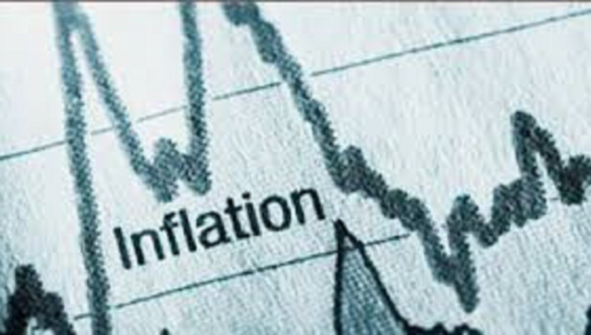This slight decrease in annual inflation is the result of changes in energy prices, which increased year-on-year in January (4.7%) but at a slightly lower rate than in December 2017 (6.2%).
Excluding food and energy, annual inflation also slightly slowed to 1.8% after 1.9% in December. The rise in food prices remained stable at 2.2% in January 2018.
In January 2018, the situation was mixed among the major economies of the OECD area. Annual inflation decreased in Canada (1.7% in January after 1.9% in December) and in Germany (1.6% after 1.7%); was stable in the United Kingdom (3.0%), the United States (2.1%), and Italy (at 0.9%); increased significantly in Japan (1.4% after 1.0%) and more moderately in France (1.3% after 1.2%).
The preliminary estimate published by Eurostat for February 2018 shows a decrease in annual inflation to 1.2% and stabilization of inflation excluding food and energy at 1.0%.
Annual inflation in G20 countries was stable at 2.7% in January 2018. Among the emerging countries of the G20, annual inflation slowed in China (1.5% after 1.8%), Indonesia (3.3% after 3.6%), the Russian Federation (2.2% after 2.5%), and South Africa (4.3% after 4.5%); it remained stable in Brazil (2.9%) and increased in India (5.1% after 4.0%) and Argentina (25.0% after 24.8%).
It surged in Saudi Arabia (3.0% after 0.4%) following the introduction of a 5% VAT and a reduction in fuel subsidies.


